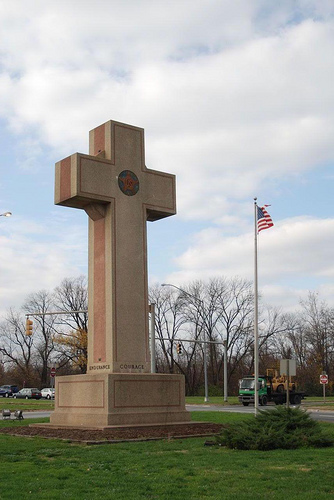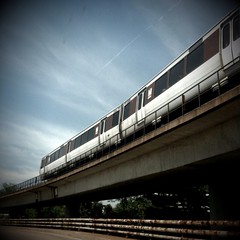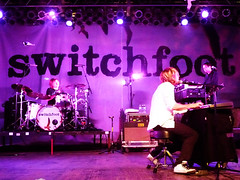
‘My First ANC Meeting!’
courtesy of ‘Wayan Vota’
If you live in the District or read about District politics, you’ve probably heard the term ANC. You may have read a news story about how a local ANC is holding up a liquor license application, or how a certain commissioner is known to be a curmudgeon who hates all forms of change. Beyond these stereotypes, the ANC system doesn’t always get much attention. However, the mission of the District’s Advisory Neighborhood Commissions is to provide a direct conduit between the government and citizens, so it’s something worth learning more about. This ABCs of ANCs will be an ongoing feature here, and this first part serves as a bit of a primer on the system.
So what is an ANC? An Advisory Neighborhood Commission is a government body representing a subdivision of a ward. Each commission is made up of ANC Commissioners, who in turn represent a Single Member District (SMD). A SMD is a sub-division of the ANC, generally consisting of around 2,000 residents.
Whew. It wouldn’t be government if there weren’t a dozen or so acronyms involved, right?
You are lumped in with about 2,000 other people and you elect someone from your area to serve on the local ANC. Most ANCs have five or six commissioners.
So what do they do?
According to the official ANC web site, “The Advisory Neighborhood Commissions consider a wide range of policies and programs affecting their neighborhoods, including traffic, parking, recreation, street improvements, liquor licenses, zoning, economic development, police protection, sanitation and trash collection, and the District’s annual budget.” Considering that encompasses just about everything in the world, let’s put it this way: ANC’s serve as the voice of a community, and have a bit of pull when it comes to negotiating in certain areas, most notably with development issues and liquor licenses. The Board of Zoning Adjustment and the Alcoholic Beverage Regulation Administration give strong consideration to the opinions of ANCs. Continue reading →



















